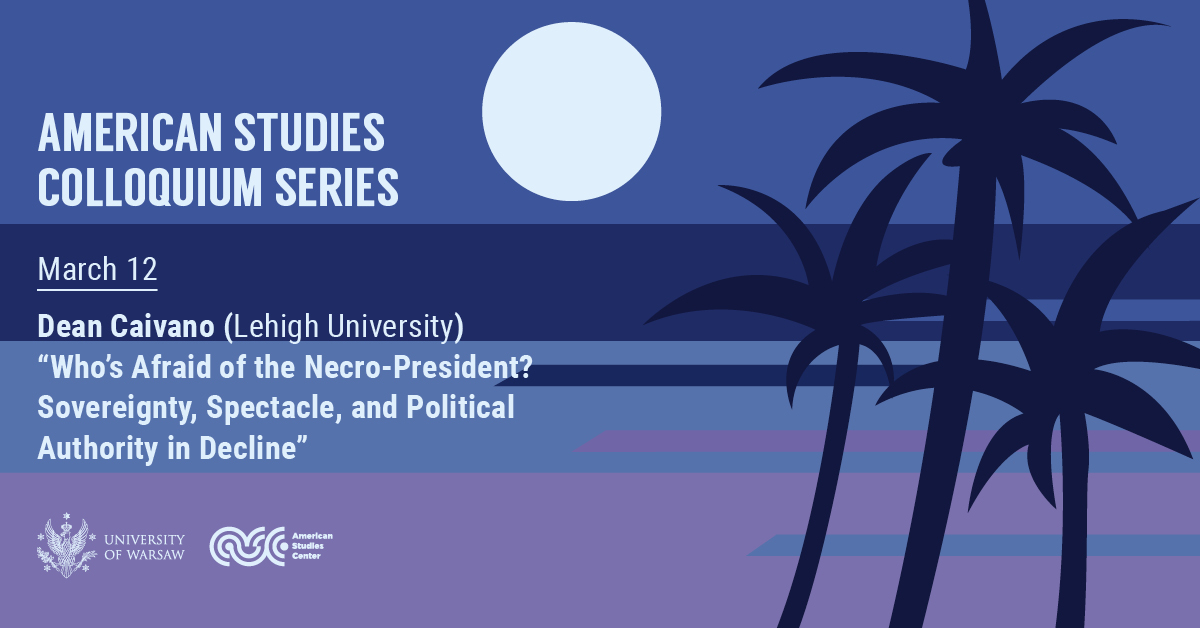It is with deep regret that we have learned of the passing of Prof. Jerzy Gąssowski, former director of the American Studies Center. He died on February 1, 2021 in Pultusk.
Born in 1926, Professor Gąssowski was an eminent Polish archeologist, who served as the Director of the American Studies Center between 1984 and 1987. Professor Gąssowski was also the Deputy Director of the Polish Studies Center at Indiana University Bloomington (1978–80), the Director of the Institute of Archeology at the University of Warsaw (1987–89), and finally the Director of the Institute of Anthropology and Archeology at the Pultusk Academy of Humanities.
His interests were broad; he excavated archaeological sites in Bulgaria, France, and the UK. His research on North American Native Americans nations resulted, in 1996, in a monograph Indianie Ameryki Północnej od początków po wiek XIX, and more recently, in 2018, in a book he co-authored with Ludomir R. Łoźny, Indianie Ameryki Północnej: przeszłość i teraźniejszość, both published by Pultusk Academy of Humanities.
The funeral will be held on Thursday, February 11, at 11:00 a.m. at Północny-Wólka Węglowa cemetery (Dom przedpogrzebowy, sala A). The ASC community wishes to extend deep condolences to his family, friends, and associates.




